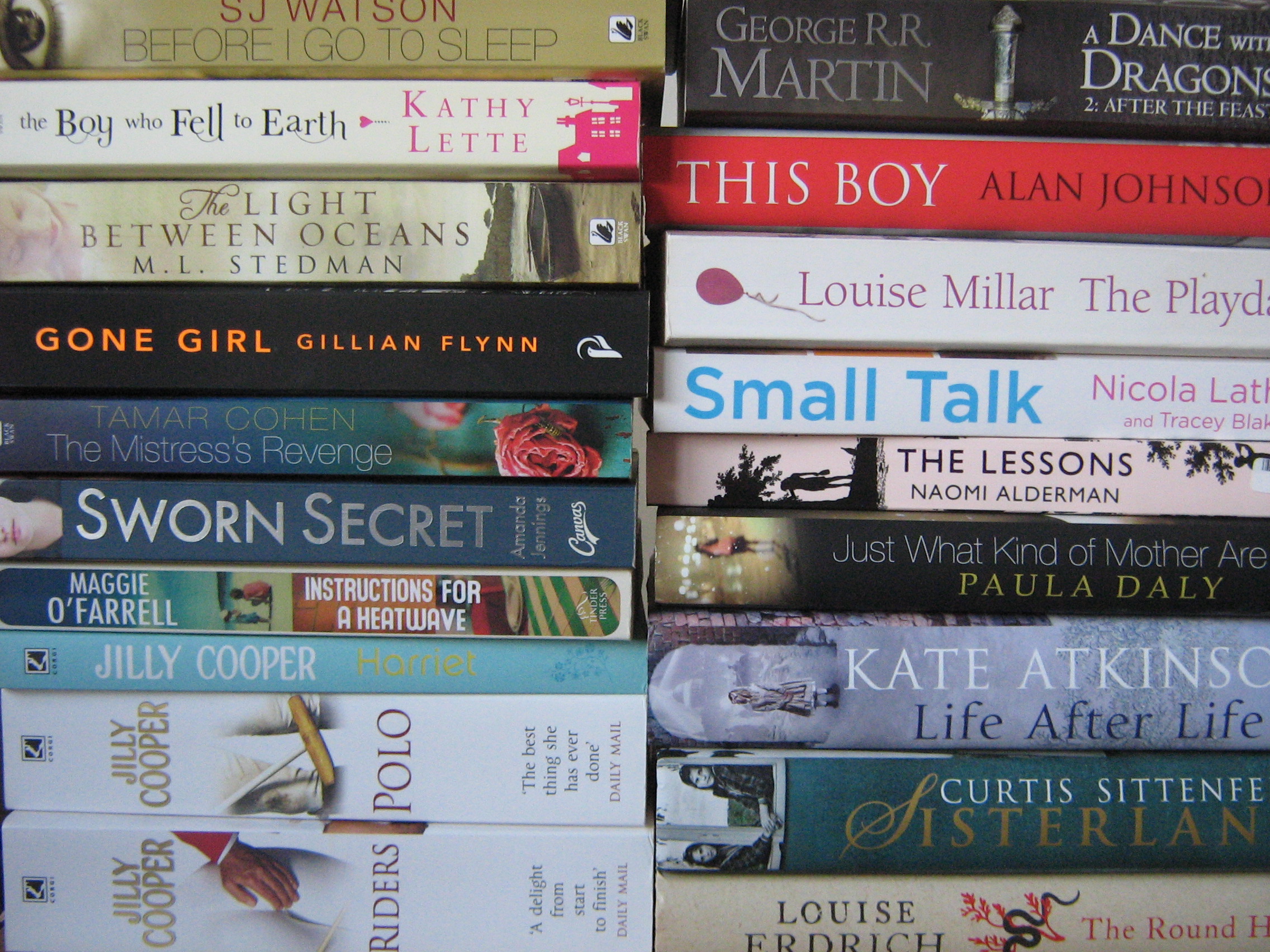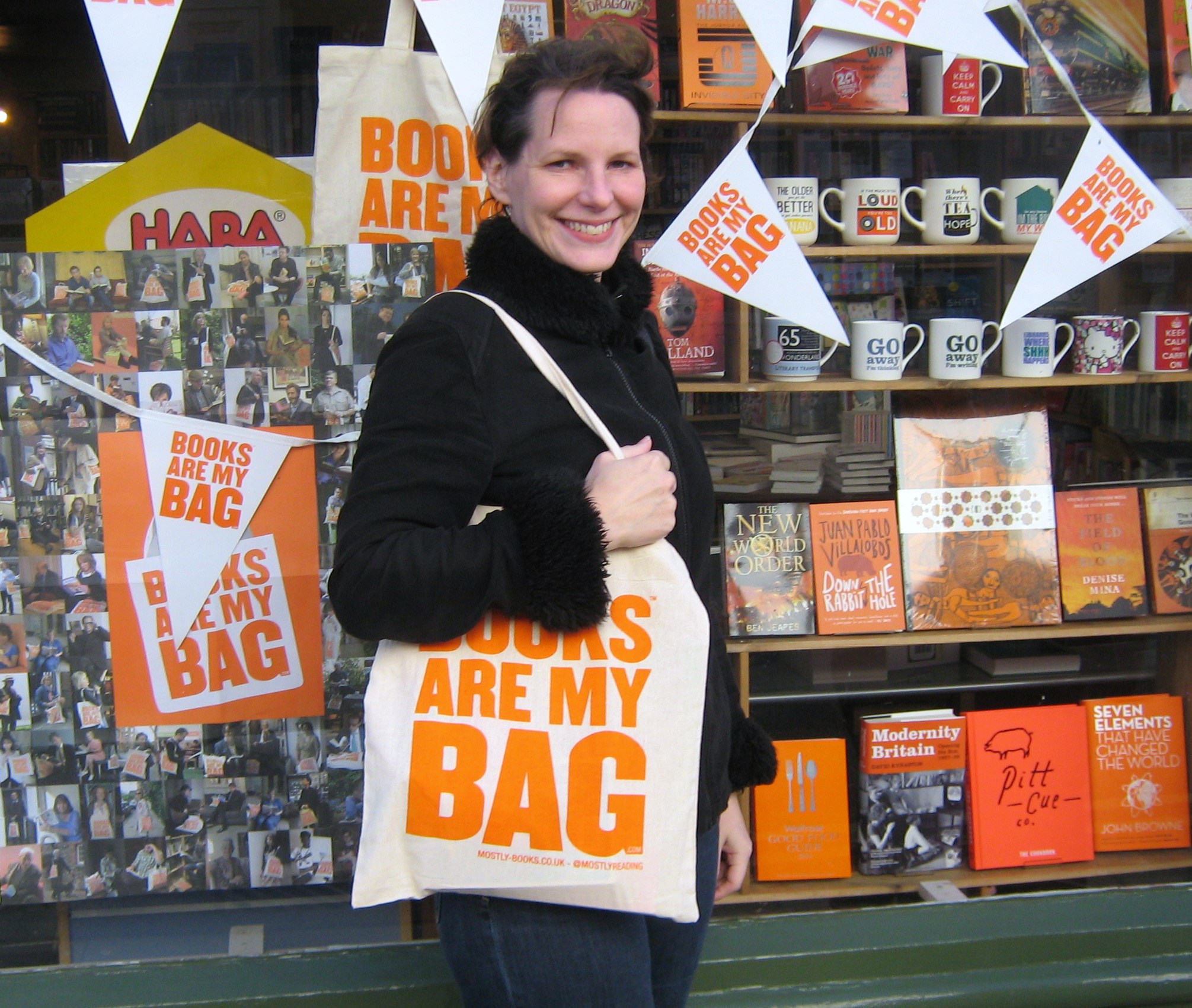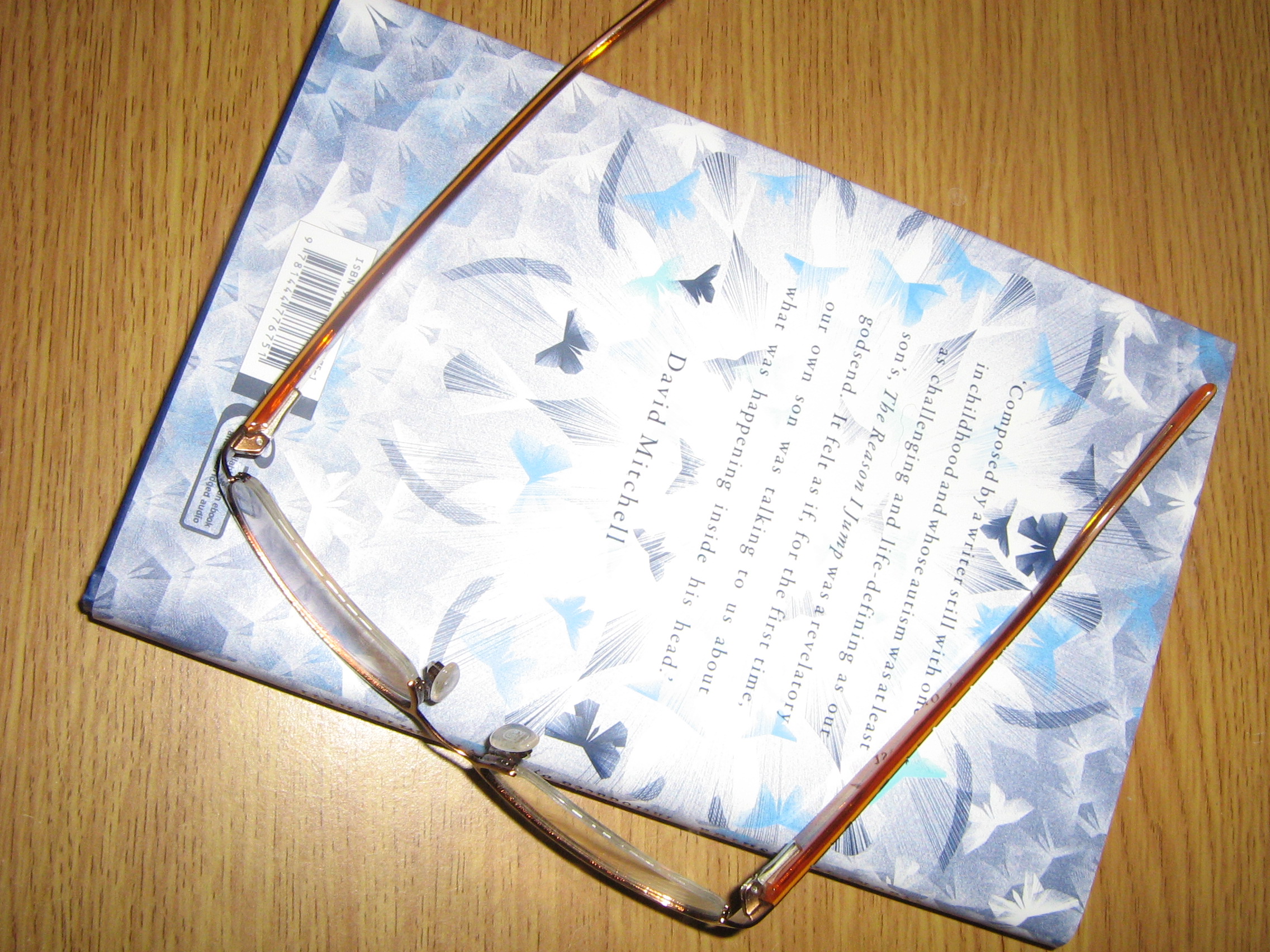
Revenge, injustice, unreliable narrators, psychic powers, power in hands that are good or bad or hapless or downright sadistic; not being able to remember how you got where you are, not being able to find a man because none of them can cope with your son, and having the chance to live your life over and over again. My 2013 has been filled with good books, and as it’s the season of lists and round-ups, I thought I’d return to some of them here.
This isn’t an exhaustive or particularly scientific list and I’m sure that as soon as I’m done I’ll be troubled by what I’ve left out, but over the past year these books have kept me gripped, made me smile, taken me out of myself, shown me the world as I never thought to see it before, and kept me up turning the pages because I just have to see what happens next…
The Light Between Oceans by M L Stedman. Oh! What a weepie. Beautiful, lyrical, elemental, epic. I believe it’s being filmed. A thing of beauty with a small and much-beloved child at its heart.
The Mistress’s Revenge by Tamar Cohen. This was the year I was introduced to the concept of ‘domestic gothic’, which I guess you could argue this and the next four books belong to. Home life isn’t all cupcakes and Mr Right; in this twisty tale of a woman scorned, it’s all about Mr Wrong. Darkly funny, acidic and obsessive, and one for anybody who’s ever been bitter or angry about the end of a relationship.
The Playdate by Louise Millar. How well do you really know your friends and neighbours? A paranoid glimpse of what can happen if those close to you aren’t as benign as you assume. The central character is a single mum trying to get back to work, with a really infuriating ex and a vulnerable child. If you’ve ever had to run to make the pick-up, you’ll find plenty here that’s familiar as well as a few of your worst fears.
Just What Kind of Mother Are You? by Paula Daly. So your friend’s child was meant to come to yours for a sleepover… and you forgot, and now she has disappeared. An edgy drama with a heroine who is warm but not always wise, played out against the backdrop of a small community in Cumbria. Expect some jaw-dropping surprises – including a startlingly excruciating dinner party scene – and plenty of menace.
Sworn Secret by Amanda Jennings. A dead teenage girl had a secret – and uncovering it will take her grieving family to the edge in this intense and suspenseful tale of the aftermath of loss. The vulnerability of adolescence is in the spotlight as her sister discovers love for the first time and struggles to make sense of the past. Who can she really trust, and who knows more than they are telling? The family’s ordeal is far from over, and as long as the truth is in doubt, it can’t be the right time to let go.
Before I Go to Sleep by S J Watson. The heroine looks in the mirror and sees a middle-aged woman; where did all those years go? She can’t remember, because she forgets each day as soon as she sleeps… unless she writes it down. Can she trust the husband who seems to care for her so patiently? Includes one of the most unsettling sex scenes I’ve ever read.

This Boy by Alan Johnson. I’m not one for political autobiographies – but this isn’t at all the kind of book you would expect a politician to write. It’s really a story about women – in particular a mother struggling in a rotten marriage, doing her best to survive, and her resourceful teenage daughter, who later manages to keep herself and her brother out of care. It’s a tribute to women’s staunchness and resilience in the face of the odds, and a glimpse of a London of another time.
Gone Girl by Gillian Flynn. She is such a good writer. This is one that will keep you on your toes – and up late. The prose is lucid, the people are opaque, and there is no predicting what may be revealed next.
Sisterland by Curtis Sittenfeld. Twin psychics with very different attitudes to their shared gift. When there are intimations of an earthquake, are they right? A deliciously observed character study of two very different women who just can’t escape their interconnected fates (but can anyone?)
The Round House by Louise Erdrich. A brilliant study of the aftermath of a brutal crime on a Native American reservation, exploring what happens when justice loses its way on the border between cultures. Evocative and beautifully written.
The Boy Who Fell to Earth by Kathy Lette. Hats off to Kathy Lette for writing a funny, romantic, truthful novel about a single mum who is looking for love, struggling with an awful ex and trying to do her best for her son, who has autism and can’t help but tell her suitors what she really thinks of them.
Anything by George R R Martin. You know nothing, Jon Snow… I’m down to the last couple of hundred pages of the most recent book in the series. I’ll be bereft when I’ve finished. A monumental (and sometimes brutally gory) work of fiction, with a terrific cast of characters. A fully realised world that has plenty of parallels in the history and geography of our own.
The Lessons by Naomi Alderman. Begins with a louty food fight, but will it end with redemption? They say you should keep your friends close and your enemies closer, but sometimes it’s hard to tell them apart. An Oxford novel that definitely does not romanticise the dreaming spires.
Harriet by Jilly Cooper. My editor suggested I read this when I was working on After I Left You. It starts with an Oxford student whose randy tutor gets her to write an essay on which Shakespeare character would be best in bed. (You’d want to give Hamlet a miss, but Mercutio would be fun for a fling, or perhaps Benedict for a keeper?) After that I read Riders and Polo in quick succession. Robust, naughty fun.
Instructions for a Heatwave by Maggie O’Farrell. Sensuous and sensitive character study of an unravelled family drawn back together by a mysterious disappearance, against a background of simmering heat.
Small Talk by Nicola Lathey and Tracey Blake. Nicola is a brilliant speech therapist who has done lots of great work with my son, who has autism. This is a practical guide on how to help children learn how to communicate. A really useful parenting book, with expert tips presented in a friendly, accessible way.
The Reason I Jump by Naoki Higashida, with an introduction by David Mitchell. Just beautiful. The world seen through the eyes of a boy with autism and translated back to us. Listen: ‘Although people with autism look like other people physically, we are in fact very different in many ways. We are more like travellers from the distant, distant past. And if, by our being here, we could help the people of the world remember what truly matters for the Earth, that would give us a quiet pleasure.’

Kate Atkinson’s Life After Life. Deserves to be showered with prizes. Elusive, stark, sharply observed, compelling tale of life, death and chances that are never quite missed, and keep coming around again.
So – what am I looking forward to in 2014? Well – by and by I will read Charlotte Mendelson’s Almost English, Donna Tartt’s The Goldfinch, Donal Ryan’s The Spinning Heart, Nina Stibbe’s Love, Nina, Claire Messud’s The Woman Upstairs and Susie Steiner’s Homecoming. I’m also looking forward to Alison Jameson’s Little Beauty, Sarra Manning’s It Felt Like a Kiss, The Best Thing That Never Happened To Me by Jimmy Rice and Laura Tait, In Her Shadow by Louise Douglas, Julie Cohen’s Dear Thing and Tamar Cohen’s The War of the Wives. And I have to read Me Before You by Jojo Moyes; I bought it as a present for someone and after she’d read it she went straight off to the library to hunt for more.
I love a bit of Victoriana – see the above illustration from my first ever novel for proof! So I’m keen to get started on Victorian crime mystery Lawless and the Devil of Euston Square, described in The Scotsman as ‘fine, extravagant and thoroughly enjoyable’. It’s by William Sutton, who was a couple of years ahead of me at university.
Plus my friend Neel Mukherjee has a new book out in the spring, The Lives of Others, which I know is going to be brilliant. Here is the cover. Gorgeous!



